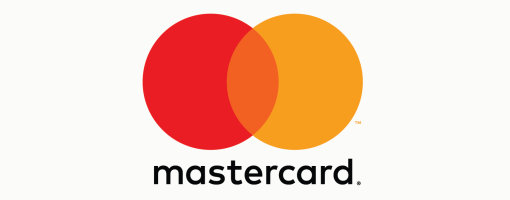Mastercard and Remitly, the digital financial services provider for immigrants, have announced a pair up to expand access to cross-border payments and remittances.
Mastercard said its Mastercard Send service will now enable US-based Remitly customers to fund transactions via their debit card.
Remitly has also integrated Mastercard Cross-Border Services to offer customers more choice in how recipients can access their funds through a variety of disbursement options within Mastercard’s global network, such as bank accounts, cash pick-up locations, and mobile wallets.
“Having grown up in Mexico, I know first-hand how vital it is to quickly and securely send and access funds abroad to support critical everyday expenses,” said Silvana Hernandez, executive vice president, product and engineering, North America, Mastercard. “Our collaboration provides Remitly users with an added layer of convenience and peace of mind, ensuring that funds get into the right hands when they need it most.”
Remitly co-founder and chief executive Matt Oppenheimer said it is committed to “transforming the way money moves internationally” to give its customers full confidence and peace of mind.
“Our partnership with Mastercard demonstrates continued progress toward this monumental goal, adding breadth and depth to our robust payments network,” he said.
Mastercard recently partnered with Worldpay and Buy Now, Pay Later (BNPL) provider Zip to scale new Open Banking-powered services.
Jess Turner, executive vice president, global Open Banking & API at Mastercard said the move would open the door to more “tailored solutions that will revolutionise financial experiences.”
Latest News
-
Gemini to cut quarter of workforce and exit UK, EU and Australia as crypto slump forces retrenchment
-
Bank ABC’s mobile-only ila bank migrates to core banking platform
-
Visa launches platform to accelerate small business growth in US
-
NatWest to expand Accelerator programme to 50,000 members in 2026
-
BBVA joins European stablecoin coalition
-
eToro partners with Amundi to launch equity portfolio with exposure to ‘megatrends’
Creating value together: Strategic partnerships in the age of GCCs
As Global Capability Centres reshape the financial services landscape, one question stands out: how do leading banks balance in-house innovation with strategic partnerships to drive real transformation?
Data trust in the AI era: Building customer confidence through responsible banking
In the second episode of FStech’s three-part video podcast series sponsored by HCLTech, Sudip Lahiri, Executive Vice President & Head of Financial Services for Europe & UKI at HCLTech examines the critical relationship between data trust, transparency, and responsible AI implementation in financial services.
Banking's GenAI evolution: Beyond the hype, building the future
In the first episode of a three-part video podcast series sponsored by HCLTech, Sudip Lahiri, Executive Vice President & Head of Financial Services for Europe & UKI at HCLTech explores how financial institutions can navigate the transformative potential of Generative AI while building lasting foundations for innovation.
Beyond compliance: Building unshakeable operational resilience in financial services
In today's rapidly evolving financial landscape, operational resilience has become a critical focus for institutions worldwide. As regulatory requirements grow more complex and cyber threats, particularly ransomware, become increasingly sophisticated, financial services providers must adapt and strengthen their defences. The intersection of compliance, technology, and security presents both challenges and opportunities.
© 2019 Perspective Publishing Privacy & Cookies













Recent Stories